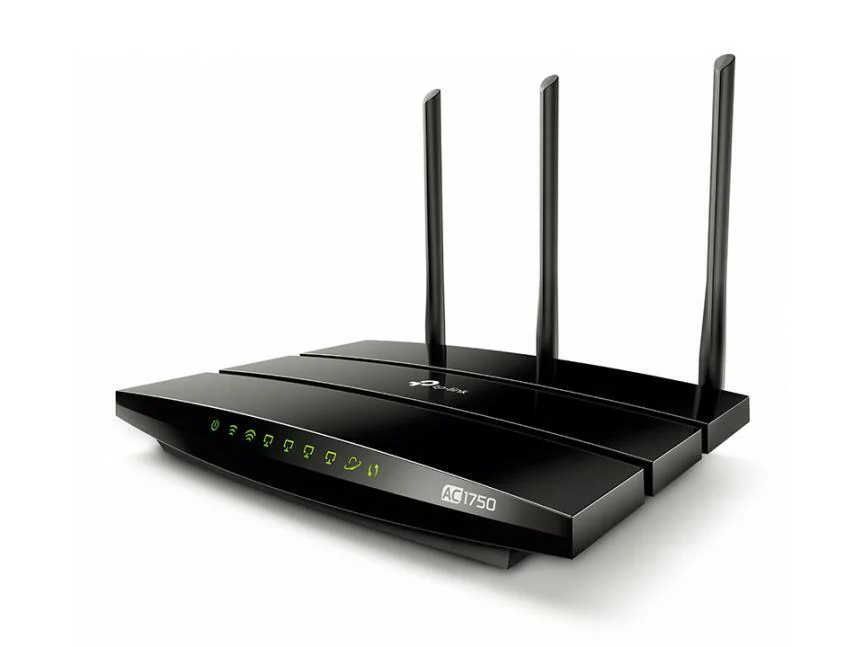5 Indicators You Have a Computer Virus – Everybody knows what a computer contagion is. Well, they suppose they do. “ Contagion ” is a generalized term that applies to contagions, Trojans, worms, keyloggers, and more. Not all contagions let you know they’re present, and some can stay retired for days or times staying for a specific date before they will come active.
Pop- Up Advertisements
This is presumably the best known type of contagion, because it gets in your face. While you ’re probing the Internet, arbitrary pop- ups will open. occasionally this is a contagion, but generally the cause is a piece of software that you installed. There are operations each over the Internet that are willing to let you try them for free. You just have to install a little operation on your computer, and now you can have a cool screen redeemer or get rainfall updates with nice- looking plates.
These companies allow you to load their software for free and take over some of your Internet searching. This contagion is no longer common because the further popular cyber surfers allow druggies to shut off pop- up advertisements. The contagion may still be on your machine, but it ca n’t do what it was designed to do.
Contagious Musketeers
This is one of the most common contagions out there. It has numerous names and numerous different ways to infect, but it has one purpose to transfer the contagion on your computer to your musketeers. According to USA Today, computer druggies should remain active in checking their “ transferred ”e-mail flyers and should watch their social network postings. However, they should communicate their musketeers and advise them not to click on any links within the dispatches, If druggies notice that dispatches have been transferred out and they were n’t the bones who transferred them.
Computer Amusement Sluggish
This can be a tough one to catch. This type of contagion generally has an operation running in the background. This operation is exercising redundant computer coffers, causing it to decelerate down. However, you may be suitable to stop it, If you know how check the processes running on your computer and you know how to remove programs. still, if it’s well designed, it’ll have hidden lines that will beget the contagion to come back after it has been deleted.
Settings – 5 Indicators You Have a Computer Virus
Contagions that change the druggies ’ settings can be veritably tricky. Laptop Magazine reports it may be commodity simple like changing the home runner on your cyber surfer, and this is true, but that’s generally only part of the problem. The contagion may also have gone by and changed some of your settings you may only be suitable to go to certain spots, or the Ctrl- Alt- Del command to enter the Task Manager may not work.
Computer Cinch
This can be a bit scary. This is generally part of a lesser contagion, but it’s maddening. You suspect you might have a contagion and have decided to shut off your computer, renew it, or, for the further tech expertise, return to an earlier restore point, but you ca n’t. You try everything and find you must shut off your computer by killing the power.
- Sluggish Performance: If your computer suddenly starts running much slower than usual, takes longer to open programs, or experiences delays in responding to commands, it could be a sign of a virus or malware consuming system resources.
- Unexpected Pop-ups and Ads: If you’re seeing an increase in intrusive pop-up ads, banners, or browser redirects that appear even when you’re not browsing the internet, it’s possible that your computer has been infected.
- Unusual Behavior: If your computer starts behaving strangely, like opening or closing programs on its own, changing settings without your input, or displaying unfamiliar icons or shortcuts, it might be due to malicious software.
- Unexplained Data Usage: If you notice a sudden increase in your internet data usage without an obvious reason, malware could be using your internet connection to communicate with external servers or perform malicious activities.
- Disabled Security Software: If your antivirus or anti-malware software becomes disabled without your knowledge and you’re unable to turn it back on, it’s a strong indication that a virus might be actively interfering with your system’s security.
Changed Homepage and Search Engine
Has your browser’s homepage or default search engine suddenly changed without your consent? This could be a sign that a virus has taken control. Some malware alters these settings to redirect your searches to unsafe websites or to monitor your online activities. If your browser settings have been tampered with, it’s crucial to address the issue promptly.
Frequent Crashes and Errors
Experiencing frequent crashes, freezes, or error messages, especially when performing routine tasks, is a cause for concern. Viruses can disrupt normal system functions, leading to instability and crashes. If your computer behaves erratically and crashes more often than usual, it’s wise to consider a potential virus as the culprit.
Unexplained Data Loss or Files Disappearing
If you notice files suddenly disappearing or becoming inaccessible, it’s a clear sign that something is amiss. Some viruses are designed to corrupt or delete files, causing data loss and potential damage. Regularly backing up your important files is crucial to mitigate the impact of such attacks.
Remember that these indicators can also be caused by other factors, so it’s important not to jump to conclusions. If you suspect your computer might have a virus, it’s a good idea to run a thorough virus scan using reputable antivirus software and consult with IT professionals if needed.
You lose unsaved information, and when the computer restarts, the contagion reactivates itself. Many of the contagions out there can be averted by following McAfee’s antivirus tips. Of course, nothing can stop them all, and they’re always evolving. The stylish way to cover your means is to save frequently. Have an external backup device to store all important documents, and have multiple antivirus programs to catch the computer contagion at any time during the backup process — it does you no good to store the contagion to your backup.
Protect your computer and data by staying informed about potential virus indicators. Regularly update your antivirus software and practice safe browsing habits to minimize the risk of falling victim to malicious attacks.



